Isakov Planning Group Blog: Financial Insights & Advice

A person’s net worth is not some arcane financial term. It is a living, breathing testament to your financial situation, and it says volumes about your assets and your debt, in addition to how you should be budgeting and planning for the future.
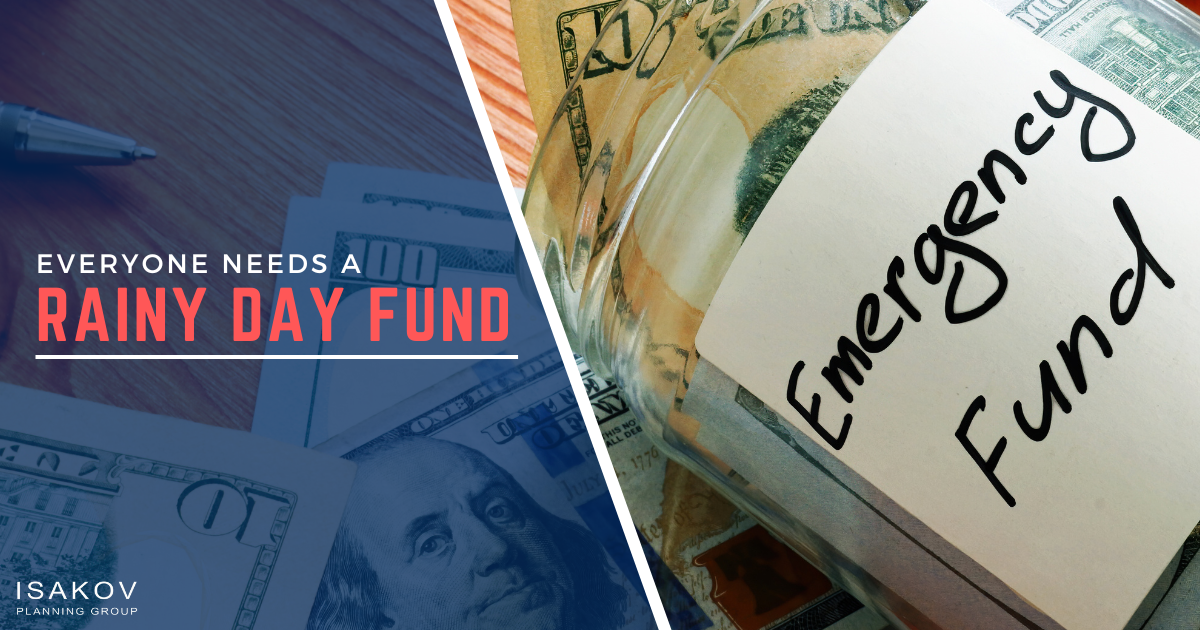
The idea of saving money for “a rainy day” is a founding principle of financial management. Though the advice is as old as investing itself. Putting aside money for unforeseen costs, such as major home or car repairs, sudden job loss, funeral expenses, divorce proceedings, among others, are people really heeding this sage advice? From a real sense, the likelihood of more severe weather is increasing, and a rainy-day fund couldn’t be more relevant today.

Over the past few years, we have discussed important issues and steps you can take to ensure your financial peace of mind. However, we have not directly addressed a basic question: If you made the decision to consult with a financial advisor, why choose Isakov Planning Group?
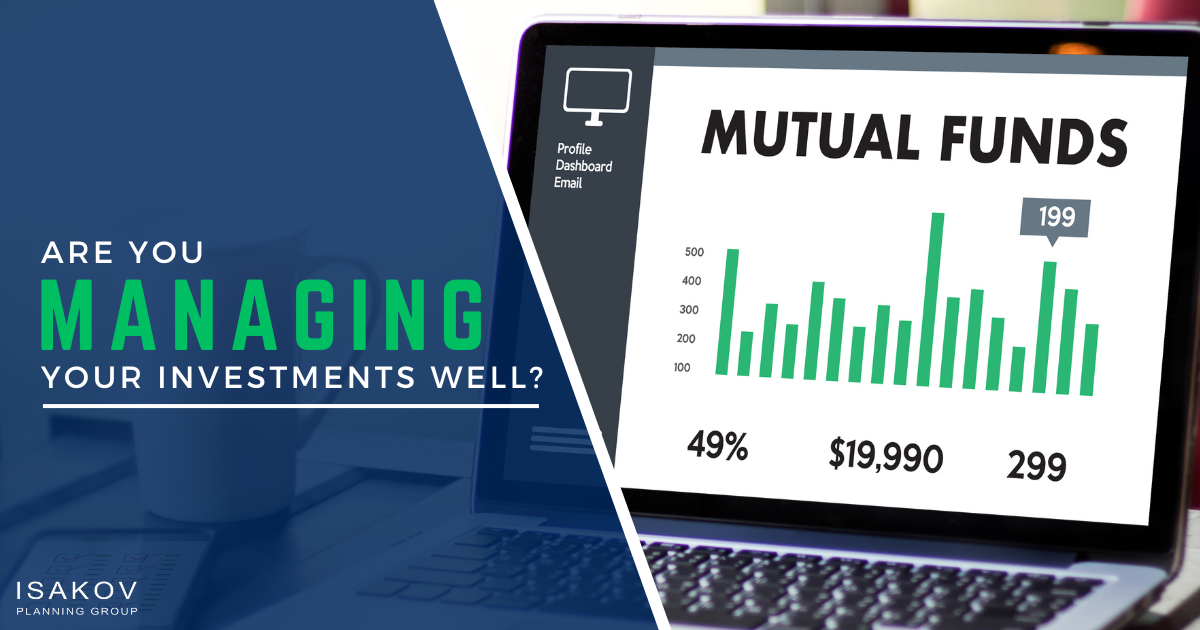
You may already be saving for your retirement by putting money into a 401(k), IRA, SEP IRA, 403(b), or 457 retirement plan. That’s an excellent, long-term strategy. But you may need to go a step further. When I talk with people about their existing retirement plan accounts, they generally can tell me two important items: (1) approximately how much money the plan currently holds and/or (2) how much money they set aside each week or month for the retirement account.
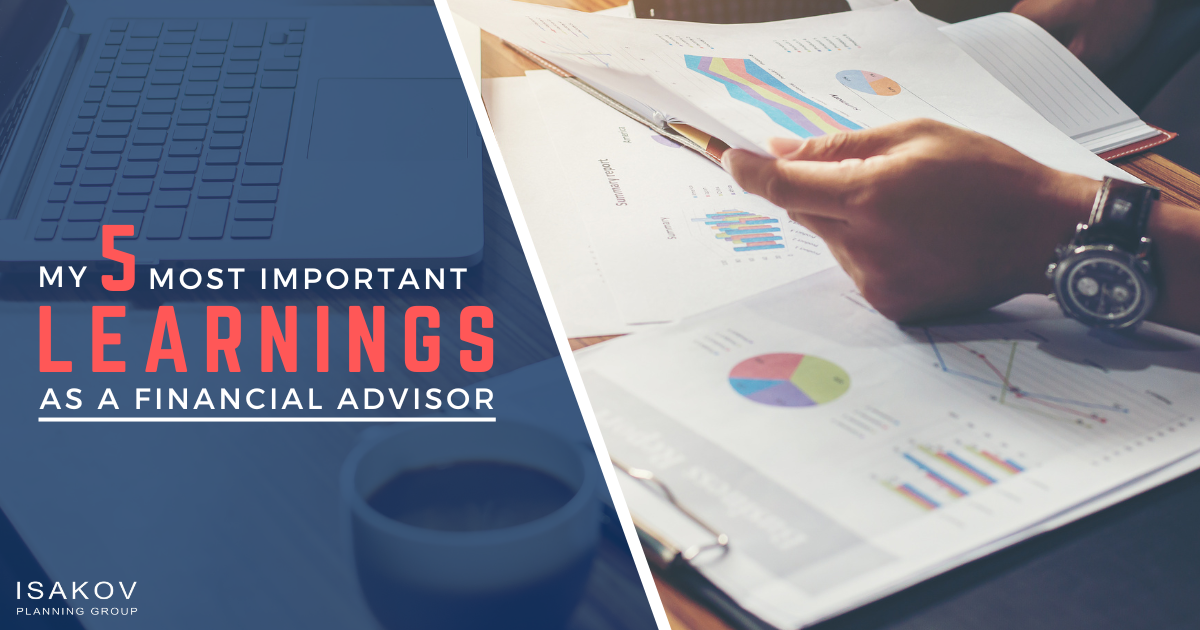
As a financial advisor, you meet so many types of people who have an array of financial concerns or issues. In my nearly 20 years in this business, I’ve put together a short list of some of the most common (and important) situations that arise, and how we address them.

Last month, we talked about 2023 results, which forms the backdrop to what could be a busy, complex year for financial decision making. This month, we discuss how these trends will affect how you spend, save, or invest your money in 2024, especially coming into the elections in November.
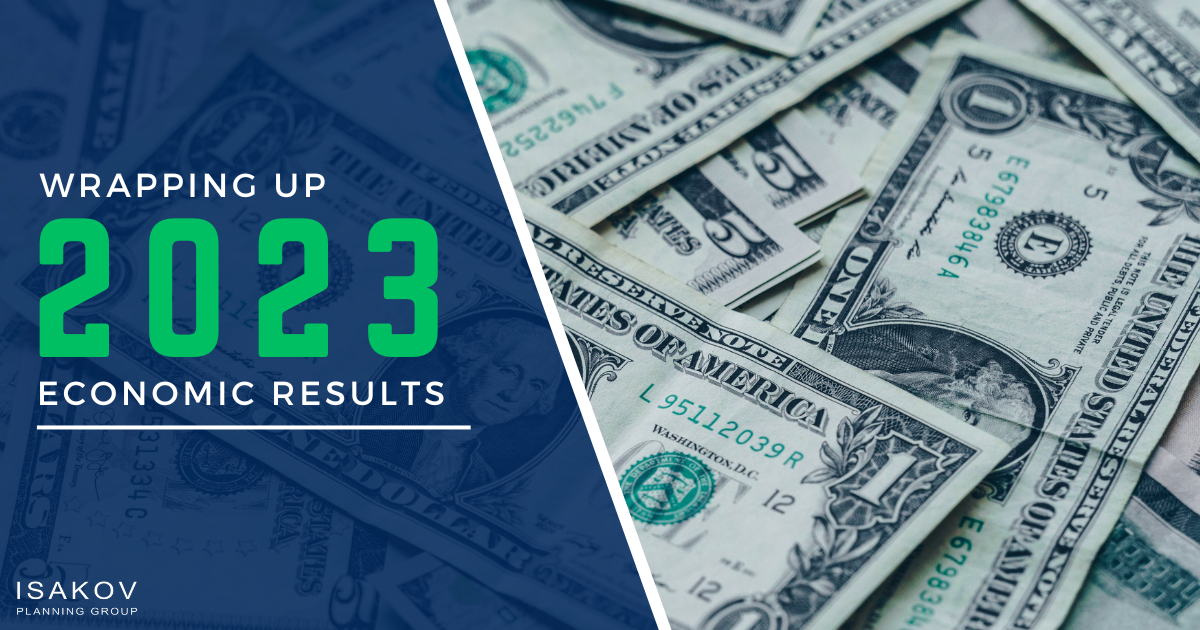
With the turn of the calendar page, we welcome the arrival of 2024. It’s the ideal time to review a wild 2023 in the U.S. financial markets, driven in good measure by movement on interest rates and inflation.
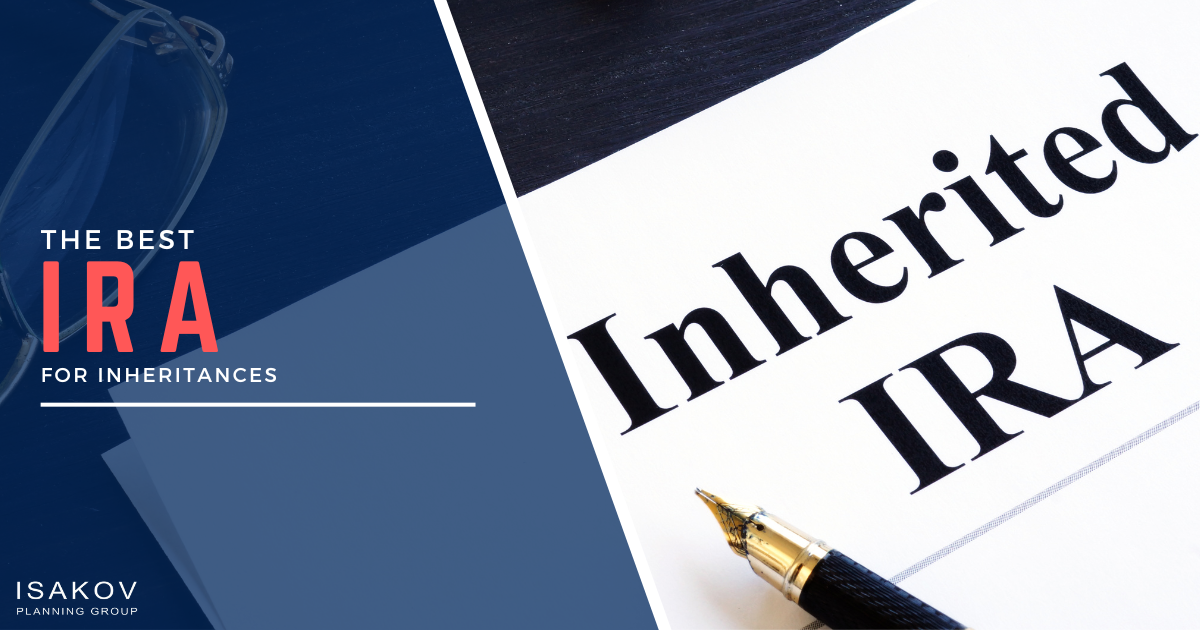
Under normal circumstances, if you have a conventional IRA or 401(k), you must begin to take distributions from your retirement plan upon celebrating your 72nd birthday (or your 73rd birthday if you reached 72 after December 31, 2022). If you had a conventional IRA, your distributions would be taxed. However, what happens if your spouse or another person inherits your IRA? Do the rules change? The situation becomes a bit more complicated.

With college costs rising well beyond the limits of affordability, the importance of saving today for a child or grandchild’s education expenses cannot be emphasized enough. The investment accounts introduced by the Uniform Transfer to Minors Act (UTMA) and the Uniform Gift to Minors Act (UGMA) are options to traditional 529 plans. What are the differences among these investment tools? Here's what you need to know.

I’m a financial planner, and in my professional opinion, everyone with a job can, and should, put away whatever money they can for their future retirement. After all, it is nearly impossible to live on Social Security payments alone after retirement. One of the easiest savings decisions you can make is to use one of the investment vehicles offered by so many employers—the 401k. Even if you don’t work as a full-time employee, you can set up a 401(k) plan. The real issue is whether to choose a pretax, conventional 401(k) or a Roth 401(k) plan.

The way you approach your financial decisions reflects your personality. Here’s an important question: How did you react to the market downturn in 2022? Did you change your investment or spending patterns during this time? Here are four types of personality traits that may help define how you make financial decisions.

Imagine this scenario: You and your spouse are planning a vacation, but you are disagreeing about how much you can spend. Your wife or husband believes that you two can afford a 2-week, first-class tour of Europe, but you are thinking more of a 4-day cruise around the Caribbean, because of that new bedroom set you ordered last week. This type of disagreement (which could become heated) is surprisingly common. It arises because couples don’t spend enough time talking about money. Did your significant other spend money on an expensive dinner at an upscale restaurant, or costly tickets to concerts or sporting events? This can be the subject of simple disputes, which can lead to serious discord over your family’s financial situation. It can also be the start of a rift that may break up the relationship.

How people spend and save their money is intensely related to an individual’s state of mind. People who are anxious or depressed may not be in the best position to make optimal financial choices. Monetary decisions are best made when all of the options have been carefully considered. That being said, behavioral health does affect how a person approaches financial decision making. After receiving depressing news, who hasn’t thought of going on a shopping spree, because it’ll make you feel better? Spending money can be fun—even uplifting—but it may not be the best choice at that time.

In previous posts, I’ve often mentioned financial plans. What exactly is a financial plan? Why do you need one? Most simply, a financial plan spells out your current financial status and lists your monetary goals for the near future and over the long term. A financial plan also provides a highly customized strategy to attain these goals.
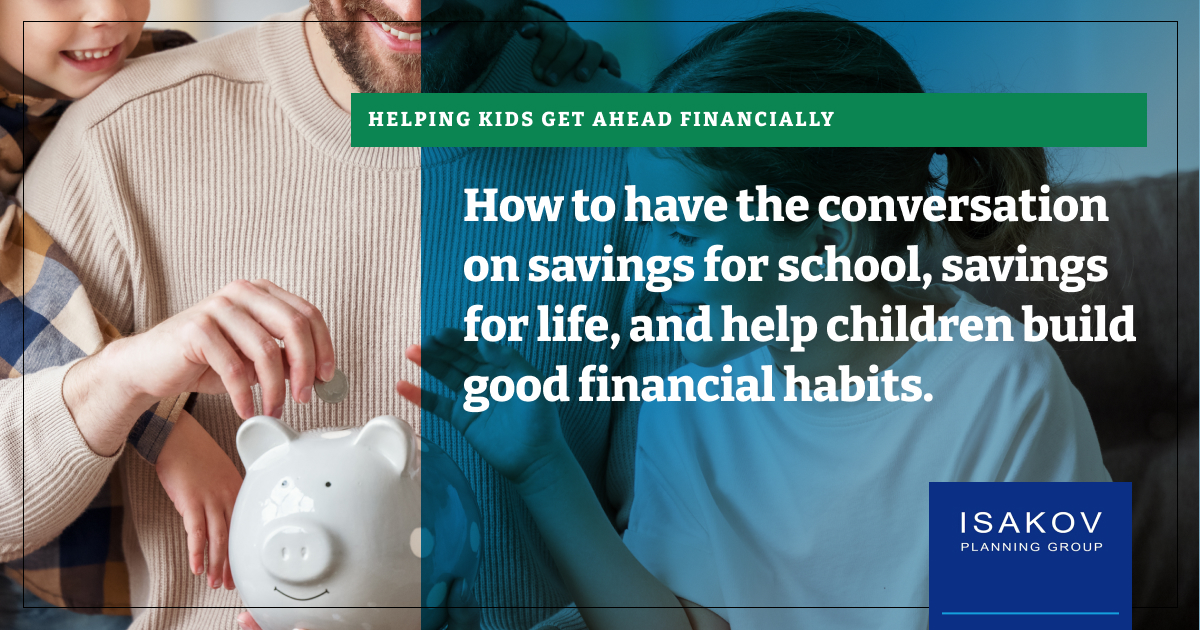
If you had invested $6,000 into an account in the name of your newborn child, invested $416 every month and received an average 10% rate of return, at age 30, your kid would have just over $1 million in the bank. Even if this example is not practical for your personal situation, it does a great job illustrating the main point.

What’s the best way to convince young people to invest for their retirement now? With stark, plain numbers that speak for themselves! If you invest $6,000 (today’s annual maximum) in a Roth IRA each year for 30 years, the account would grow to a whopping $1.4 million. This figure is variable, of course, but is based on the historical 30-year performance of the S&P 500 (10%-12% annual growth). The best part is, your contributions would only total $180,000, and the rest—$1.2 million—would be tax-free growth. Did I also mention that withdrawals from the account (contributions or accumulated savings) are not taxable? Now think of how the savings will build for a married couple over a long period of time. This is a great way to persuade millennials that the time to consider a Roth IRA is today.
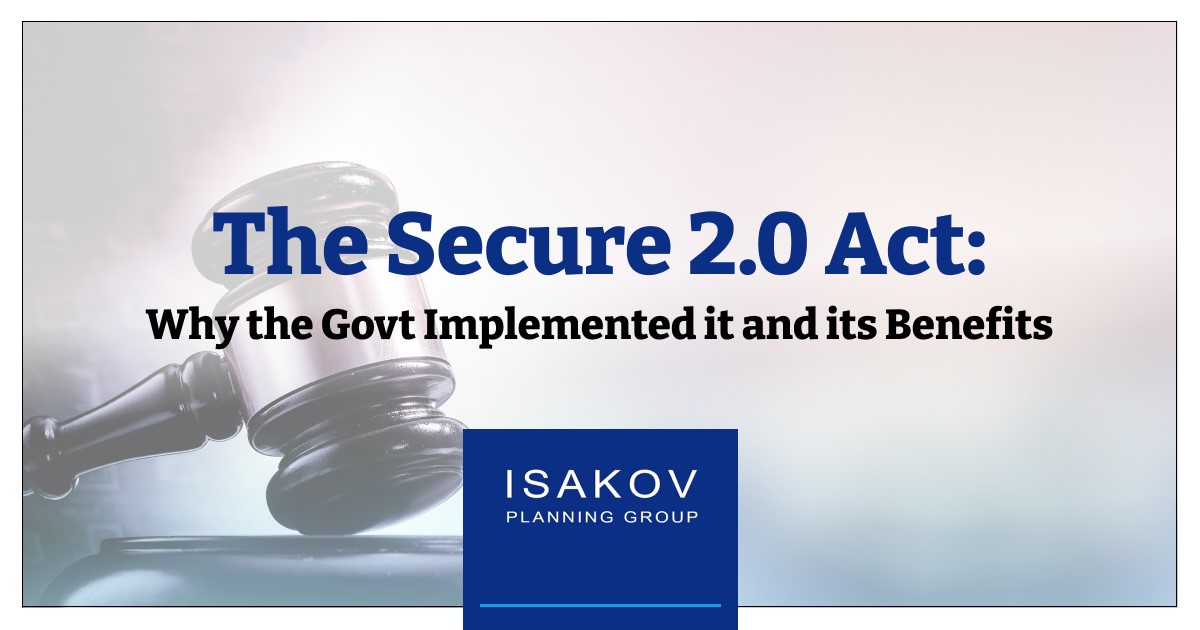
With much fanfare, the federal government implemented changes for the 2023 tax year that could benefit anyone interested in putting more money away in their retirement accounts. The provisions of the SECURE Act 2.0 affect not only how much money can be placed annually into IRAs and 401ks, but when you have to start withdrawing these savings. The vast majority of these changes can help younger people just starting their own retirement savings account but also those who waited longer than they should have to ensure a secure retirement.
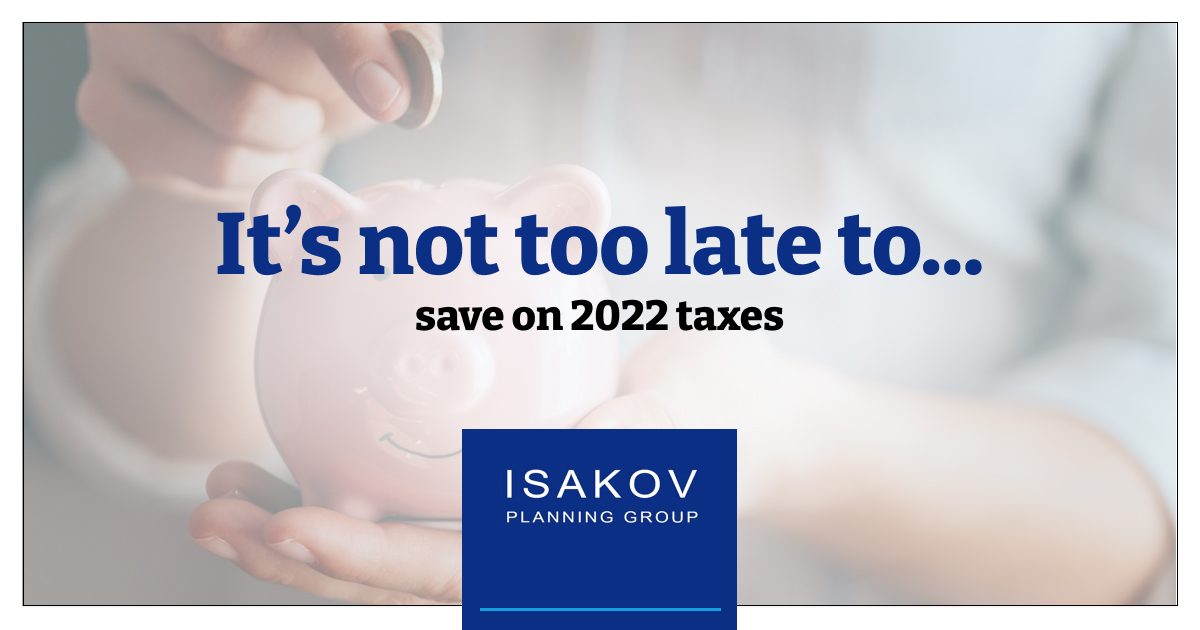
Tax-filing dates are fast approaching, but just because we’ve turned the page on 2022, it doesn’t mean that the amount of taxes you owe are set in stone. You may know that IRA contributions that you make before April 15, 2023 count towards your 2022 deductions. But there are several other less-obvious tools you can use to reduce your current 2022 tax bill.

I wanted to take a moment to wish you and your families a happy New Year and a promising 2023. 2022 was a challenging year in ways that nobody could have expected; we’re still recovering and adjusting to life with COVID-19. We experienced a prolonged financial downturn for the first time since 2008, with significant reductions in investment values. We are all facing a "new normal," in both our businesses and our daily lives. If anything, 2022 has taught everyone that no matter how hard we try, we simply cannot prepare for every single possibility.

It is easy to get buried in a mountain of debt, and it is much harder to shovel your way out. There is at least one method that people can use to help them clear the path to a debt-free future. Known as the “debt snowball” strategy, it starts with listing each of your ongoing payment obligations. This includes almost any kind of consumer debt, like credit card bills, medical balances, student loans, and personal loans. The only thing that cannot be addressed directly by the debt snowball method is a mortgage. The reason will become apparent.

The television commercials for do-it-yourself (DIY) investment houses all focus on how investors can save on fees associated with stock and fund trading. They don’t emphasize the risks that come with day trading or that DIY investing is not for most people.

You know what you earn each paycheck. Do you know how much you allot for necessary expenses? As a financial advisor, we live by the “50-30-20 rule” (see Figure): 50% of your income should be spent on necessary expenses, 30% on things you desire but don’t actually need, and the remaining 20% should go to savings. For this post, we’ll focus on that largest percent, on which the other calculations depend: You should pay no more than half of your earnings on the necessities of life, like your mortgage or housing costs, utilities, transportation and health care expenses, basic clothing needs, and food. This is a standard for “living within your means.”
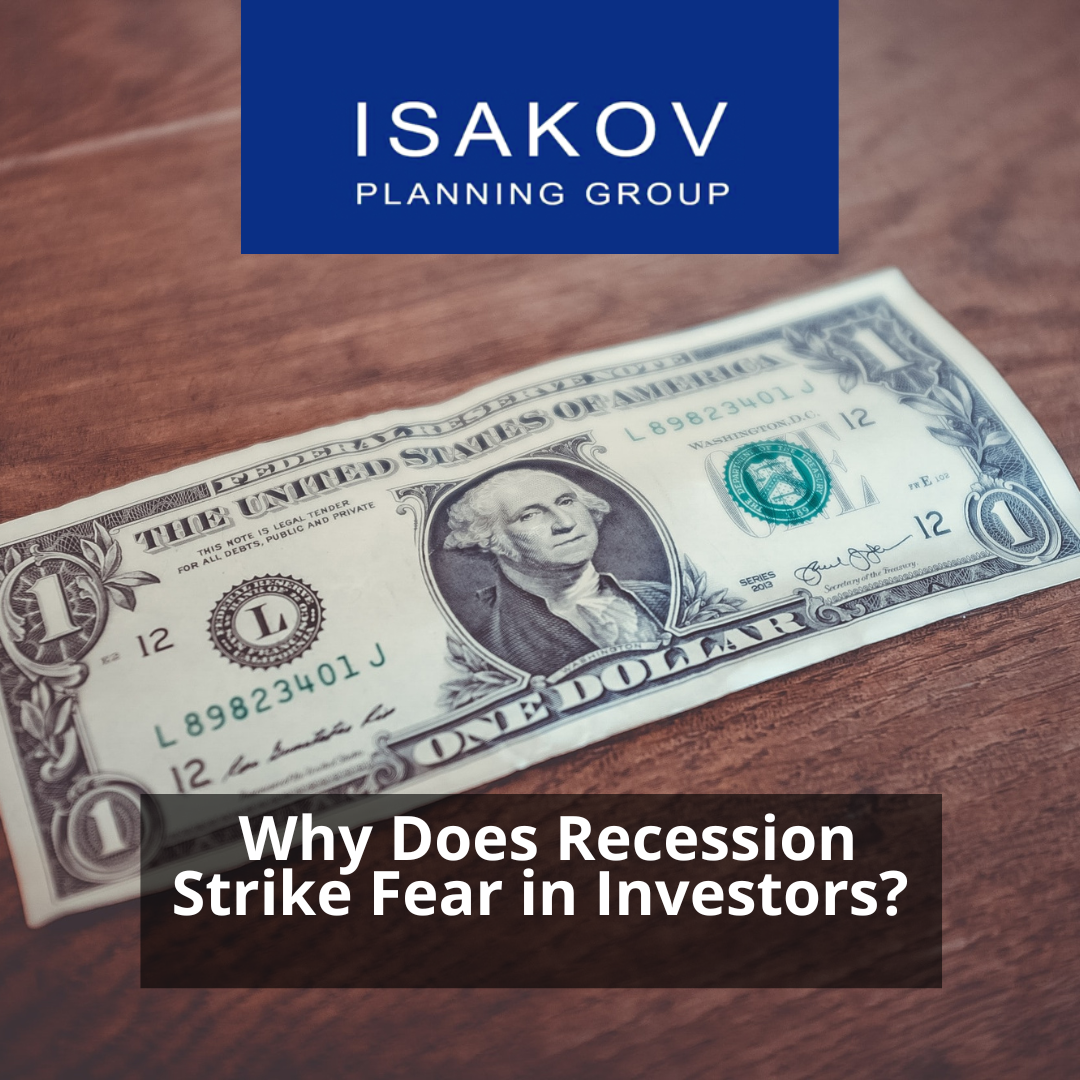
A recession is defined as an economic decline in which gross national product (GNP) falls for two consecutive fiscal quarters. Recessions are also typically associated with greater unemployment and lower personal savings rates (a measure of a person’s disposable income) compared with the periods before the recession.

The retirement calculators don’t lie: starting to save for retirement later in life is a real battle. If you just started to save or invest in earnest at age 50 and hoped to retire early, well, that’s a difficult proposition.

